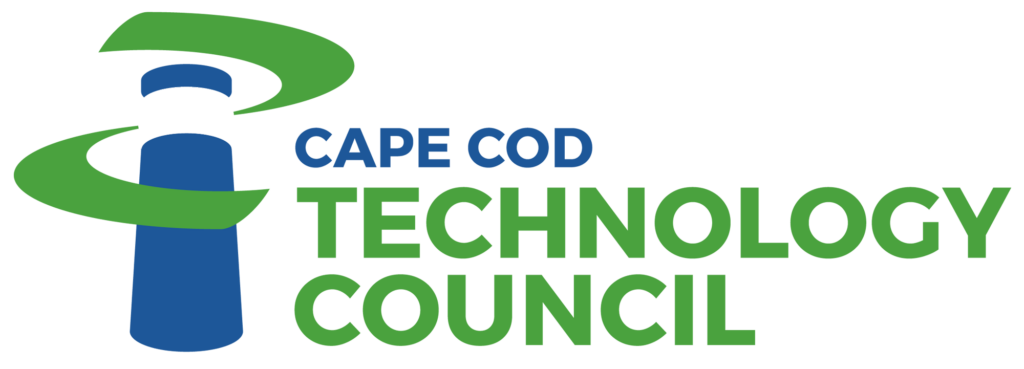With recent headlines like The Too-Smart City (Boston Globe) and The Battle for Control of Smart Cities (Fast Company), the topic for this month’s infrastructure meeting was privacy and personal data. “We’re already building the metropolis of the future—green, wired, even helpful,” the Boston Globe states. “Now critics are starting to ask whether we’ll really want to live there.”
The articles, and the discussion, were inspired by the Rockefeller Foundation study, A Planet of Civic Laboratories: The Future of Cities, Information, and Inclusion.
As we think about the smarter city, we have to ask who is going to shape it. Is it local government, citizenry or a corporation who sets the guidelines for technology and personal freedom? The time to define these guidelines is now.
An example of technology and personal freedom is “smart metering,” with which the power company can control individual homes. During a heat wave, for instance, the provider can turn down air conditioning to moderate consumption, much like we use apps on our smart phones to turn on lights, heat, etc. By using data collected through the things we use, companies and communities can function more efficiently
Discussion of who controls smart technology brought up several issues, including who makes the decision on what to do with personal data. What some people find helpful (energy-saving suggestions based on usage data), others consider a privacy issue. Does the power company have a right to smart meter your house? And if that’s where the technology goes, do you have a choice? Many of us are asking the questions, and we feel the Cape Cod Technology Council should take part in the answer.
Broadband adoption isn’t just about telling people the benefits, after all. We also need to be aware of the risks. As a leadership organization, Cape Cod Technology Council has an obligation to inform adopters what participation entails. What does it mean to the public? We are urging a Smarter Cape, but we need to be cognizant of the issues. It’s our responsibility to protect and inform citizens and rights.
Every technology has risks. We have the freedom to use the technology. We also have the freedom to opt out. We must understand what the risks are so we can make educated choices. If you agree to share your data, what are the expectations of privacy? How do we define the parameters?
At the infrastructure meeting, we decided what is needed is an information privacy bill of rights. As a starting point, we’re compiling a list of proposed action items to present to the Board. We’re also very interested in the upcoming First Friday (or in this case, Second Friday) with John Landry on “The Internet of Things.” Please be sure to pre-register if you are planning to attend.
This month we also had an update on the proposed sales tax discussed at the last Infrastructure meeting. If the bill’s language has not changed significantly, it will likely pass the Senate. If it goes through as planned, we will engage with the Department of Revenue to clarify how it is applied (the bill’s language is vague). We will continue to monitor it and keep you informed.
